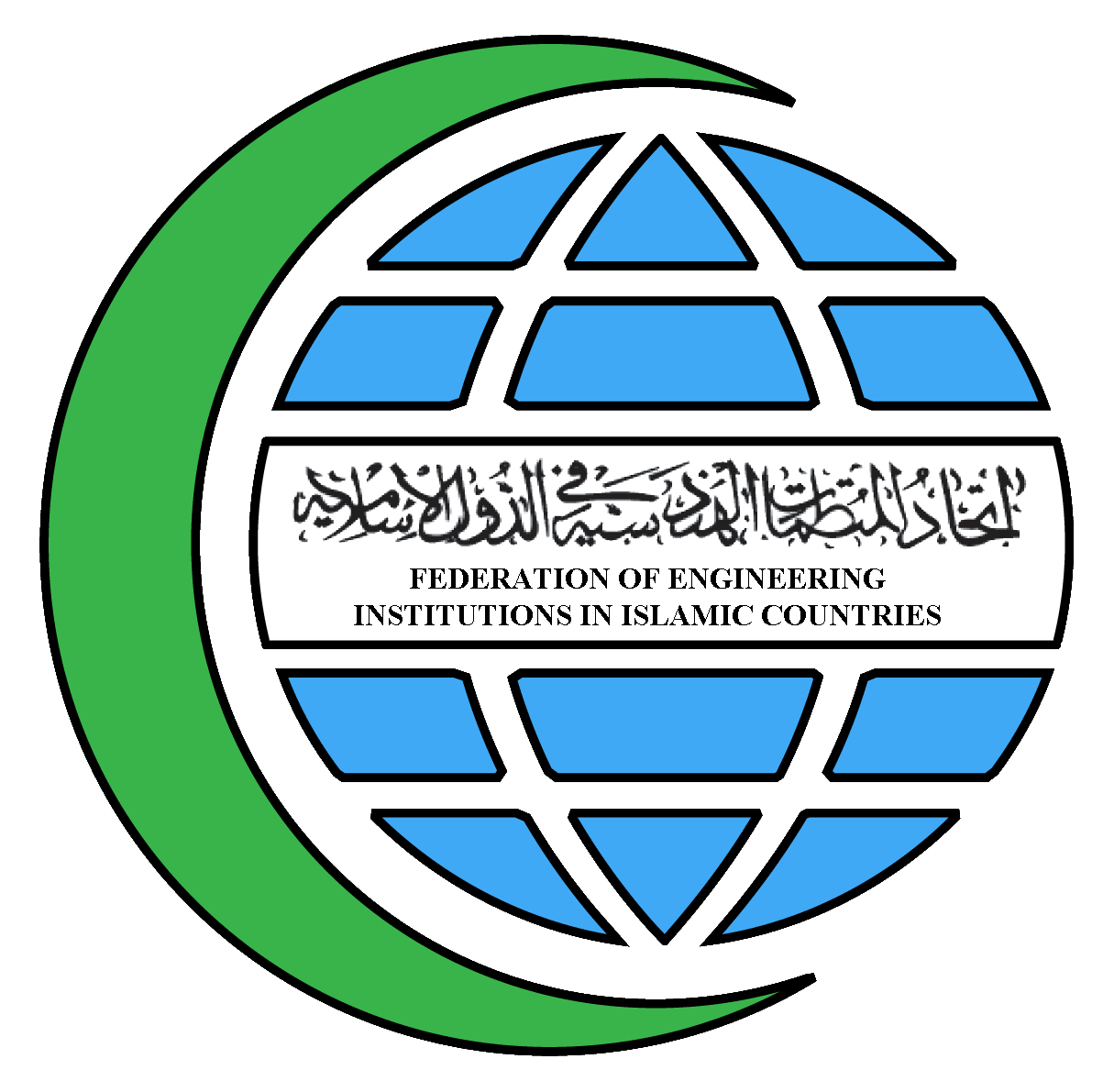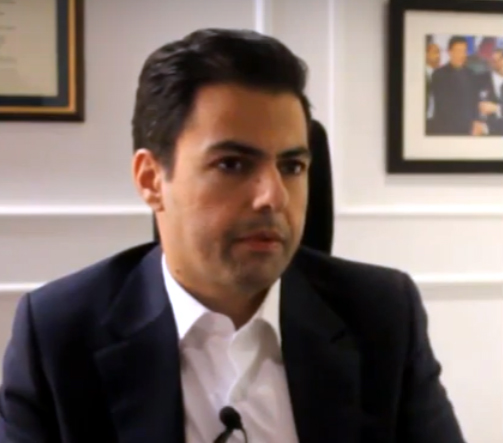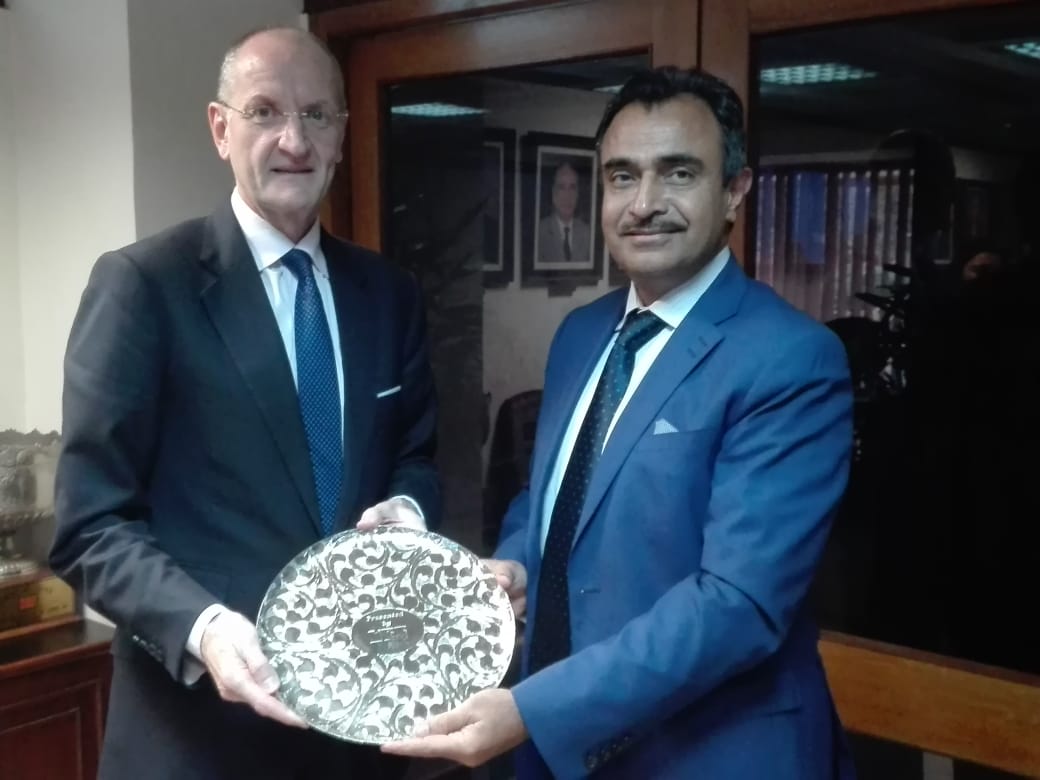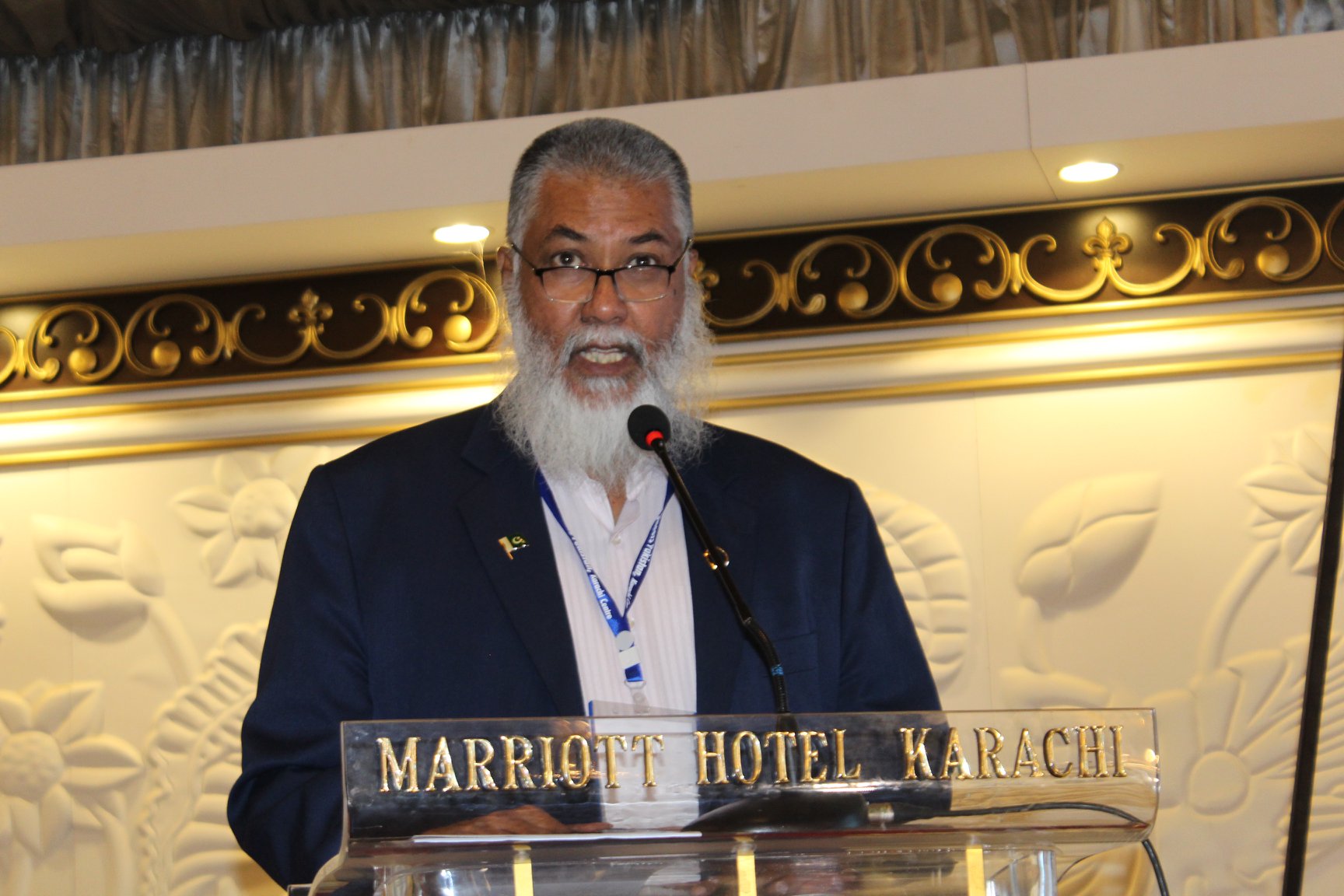FEIIC approves, inaugurates ‘Engineers Register’ Aims at facilitating the mobility of engineers in member Muslim countries
The Federation of Engineering Institutions of Islamic Countries (FEIIC) approved and thus inaugurated ‘Engineers Register’ in its executive committee held in Makkah..
What prompted Pakistan Cables to open an e-store Digital economy developing in Pakistan: Fahd K. Chinoy
What is the difference between Fahd K. Chinoy as Deputy Chief and Fahd as Chief of Pakistan Cables? The difference is that there is more responsibility..
British Deputy High Commissioner Visits NESPAK
Mr. Mike Nithavrianakis, British Deputy High Commissioner along with Ms. Sumera Naveed, Senior Trade Manager, visited NESPAK House, Lahore.
Is IEP moving towards collective efforts? Engr. Uppal believes ‘yes’
President of Institution Engineers Pakistan (IEP) Engr. Jawed Uppal’s presence in IEP Karachi chapter’s program last month was a good sign





